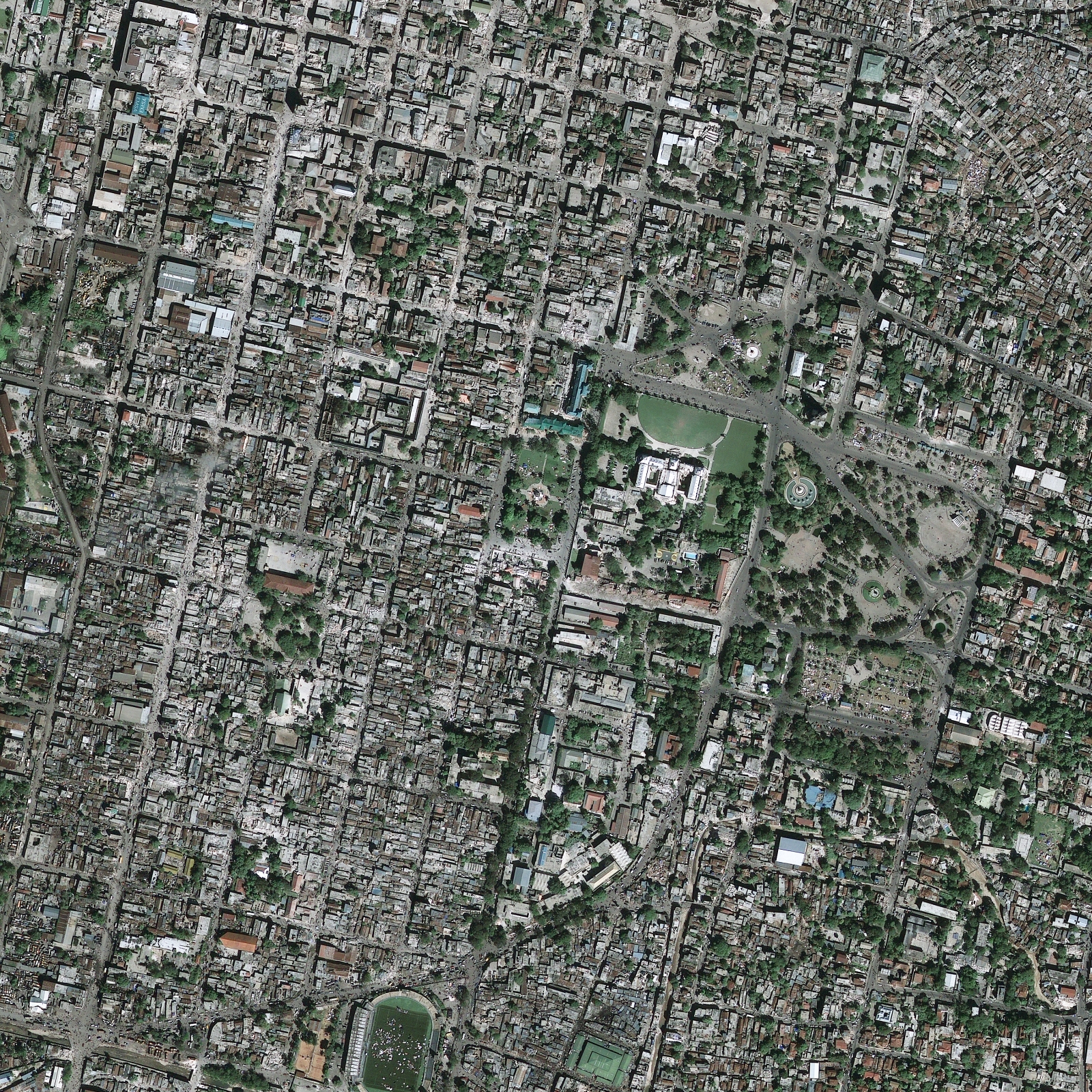 |
| Cultural norms versus exposure. |
This is important, as these three play an intricate role in behavior change and asking the chief question; which one lays at the center of the problem? Grocers play a vital role in the health of our communities, this being said, we play a even more vital role in our health - meaning that at the epicenter of our health, it is our responsibility to be healthy. However, considering the systems, barriers, policies and environments in place, that's easier said than done at times.
The questions I will be asking in this section are does culture perpetuate what foods are available in our local markets, or food deserts; or is it the lack of exposure to the right foods that shape our understanding of what we should eat? The idea that communities in need purchase poorer quality food and have higher prevalence to obesity begs the questions of whose driving here?
We will jump right back into The Grocery Gap for more information and answers to guide this discussion.
In the first scenario, we can see a community purchasing foods that are poorer in nutritional value based on factors of interesting in the type of food, or cultural connections. To be a little more clear, culture consists not only of heritage, but also understanding, perception, experiences and beliefs. These also don't have to have generational ties or have been present over multiple generations. This would paint that the behaviors in food selection are based on customer demand.
I find this argument interesting; for the fact that in areas of need store owners (whether supermarket, or local corner store) are being guided by their customers to supply the products they are most interested to purchase. This scenario would also incite such ideas of education to the community on what to buy, and why, being the most effective way to change how and what the store owner buys to stock his or her shelves.
In juxtapose, another scenario brings the idea that the store owner, based on designs and structures unknown (or not mentioned in the article), only supplies the communities in need with poor quality food, thus conditioning and rewiring eating behaviors and limiting how these communities connect or identify with healthy foods.
This argument, in my mind, lacks a why. However, I do understand the system of racism and the model of perpetual poverty design. The lack of grocery stores in urban and rural areas has more to do with access to paying customers, cost of doing business and resources, as it does with poor equity. If poorer communities do not have the same buying power, or access to resources, the business decision seems calculated. However, this isn't by any means saying that the research doesn't show that there are gross inequities and that if you expose these populations to the produce and foods that are healthy, they will in fact eat it.
If food deserts had greater access to healthy foods would that solve the issue? Or possibly having more grocery stores or supermarkets established in low-income areas would bolster healthy eating and weight loss? Or would giving communities more education on healthy eating and the benefits of produce, whole wheat and low-fat milk drive local markets to focus on providing healthier foods to buy?
Cultural norms are very deep seeded and highly influential; that coupled with supply and demand, makes for a very difficult task to shift ideals on food, health and nutrition. However, exposure allows for new experiences, ideas and opportunities, allowing access to healthy foods could spark behavior change and pandiculation to better nutrition. The latter, of course, coupled with education - As in the words of Maya Angelou, "You can't do better, unless you know better", has shown to be very successful.
The article mentioned the positive effect of higher produce purchased with the exposure of fresh fruits and vegetables in low-income communities of need, even when controlling for all the variables. If knowledge can change behavior, primarily when complimented with factors such as support, follow up, reinforcement and incentives, it is possible to argue that exposure has a greater impact on culture, than culture has on exposure.
If you don't move on purpose, you will get lost on purpose. - Jason Gillette





